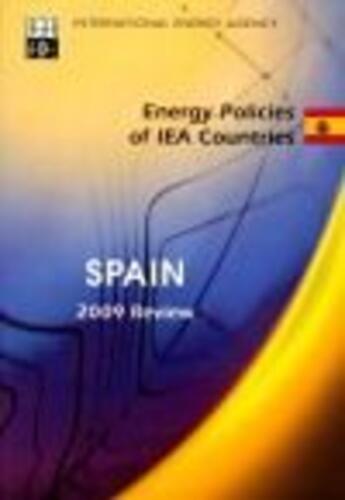-
Date de parution : 24/09/2009
-
Editeur :
Ocde
-
EAN : 9789264060357
-
Série :
(-)
-
Support :
Papier
-
Nombre de pages : (-)
-
Collection :
(-)
-
Genre :
Economie
-
Thème :
Economie
-
Prix littéraire(s) :
(-)
Résumé:
This review analyses the energy challenges facing Spain and provides critiques and recommendations for further policy improvements. It finds that since the last IEA in-depth review in 2005, Spain has made significant progress in improving its energy policy. In Europe, the country is now leading... Voir plus
This review analyses the energy challenges facing Spain and provides critiques and recommendations for further policy improvements. It finds that since the last IEA in-depth review in 2005, Spain has made significant progress in improving its energy policy. In Europe, the country is now leading in gas diversification and LNG development. Together with Portugal, it has set up the common Iberian electricity market, MIBEL, and has strong ambitions in developing it further. It has also become prominent in developing wind and solar energy technology, and succeeded in integrating large amounts of intermittent power in the electricity grid.
Along with other IEA member countries, Spain has set ambitious climate and energy security targets. Achieving these will require a transition to a low-carbon economy. Spain will need to increase its efforts to reduce CO2 emissions, particularly in the transport but also the critical power sector. As fossil fuels still provide more than half of electricity, Spain will need to keep open all the options - including nuclear, renewables, and the technology of carbon capture and storage - for making its power sector less carbon-intensive. The country should also increase its efforts to limit peak electricity demand through energy efficiency.
Spain has substantially de-regulated its electricity and gas tariffs, and developed a financial plan to end the large deficit that had built up under the previous tariff regime. Prices for many small electricity users, however, are still regulated and low enough to potentially distort the market. In addition, the still remaining subsidies for domestic coal production should be eliminated and replaced by direct social policy measures.
Donner votre avis








